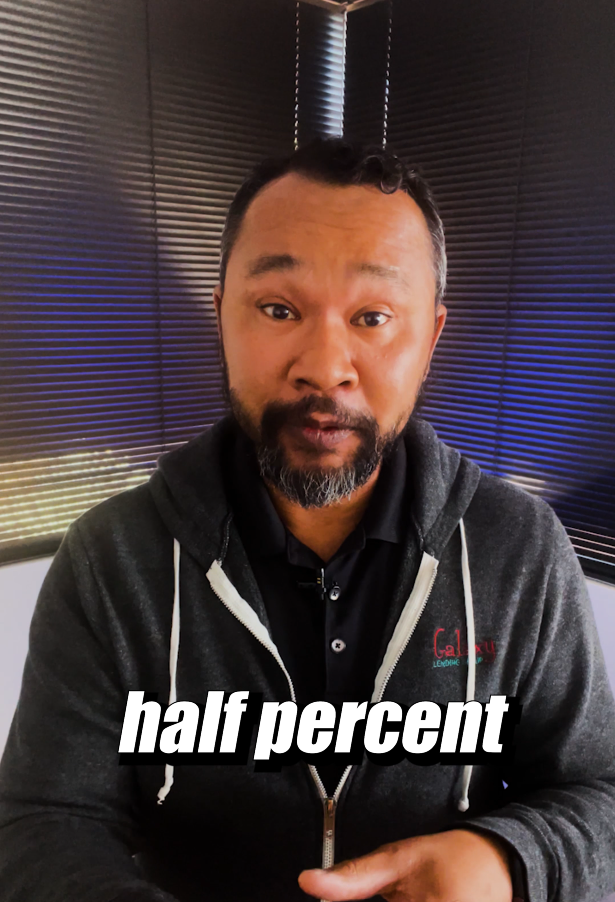How to Improve and Build Credit Score
When a person enters adulthood, or even right before, they have the chance to accumulate and create a credit score. Many large financial decisions are based on a person’s credit score. This is something that follows a person throughout their life, so naturally, it is vital to monitor it and keep it healthy. However, this is not something everyone does. Those who fail to take care of it face trouble making financial moves later on in life. If you are newly starting or looking to improve and use your credit to your advantage, look no further. Here are some steps to help get your score back on track.
Check Credit for Status and Errors
The first step is to check personal credit scores. When looking to build credit, most usually know where the number stands, but that’s about as far as it goes when going through them. Since three bureaus report scores, you will need a report from each. Once obtained, they will need to be looked over very carefully. There are details that many people think don’t matter but cause trouble down the road. Make sure to check for:
- Misspelling of name
- Wrong name on the report
- Wrong address
- Unrecognized accounts (such as retail, bank, or other credit accounts that aren’t recognizable or you didn’t open)
- Identity theft (some might have used the account for other purposes, or maybe someone with the same name had an account accidentally opened in yours)
- Balance errors
- Account errors (such as an already closed account having an “open” status, or vice versa.
As we’ve seen, there are many reasons to review your credit score. Even if some are small, any of these issues can lead to larger problems in the future. Getting them sorted out now ensures a clean, accurate, and up to date credit score that can be relied on.
Pay Off Debt, Pay Off Quick
Debt can be daunting and heavy on finances and future goals. After all, it affects people of all ages in all types of stages of life. Limiting oneself to minimum payments every month means that interest payments pile up. If this strategy is followed, you’re losing more in interest than what you’re saving with minimum payments. A plan to pay it off quickly is vital to ensure financial freedom as soon as possible. Here are two methods to tackle it:
- Avalanche Method – This method focuses on paying off debts with the highest interest rates first. The avalanche method allows for high-interest accounts to be liquidated first so that the amount building up on all of the accounts stays at a minimum.
- Snowball Method – The snowball method looks at each account and starts with the smallest amount. That way, the number of accounts with active debt is reduced quicker than if the larger amounts were tackled first. Fewer accounts mean less interest buildup. Also, having fewer accounts with debt sometimes serves as a motivation to keep eliminating them.
Use Your Credit but Have A Plan
Building credit as soon as possible is a plus for anyone. Now, there is a difference between building credit and just spending money. Spending money just because there is credit available is a dangerous game. Credit bureaus calculate scores based on how much debt you have compared to the credit available. This means that even if you make all of your payments on time but have a high balance, it could work against you. Keep the card active, but the balances low. Also, make sure to pay the bills on time for the credit card. Keep count of how much is spent on the card and how much is available to pay it off. On-time payments keep credit scores happy and healthy. A plan to build credit gives you the chance to take some control of your financial future.
Galaxy Lending Group knows the struggles that individuals go through when making financial plans, which is why we are always available to help. Don’t hesitate to reach out and contact us for any help you may need!





